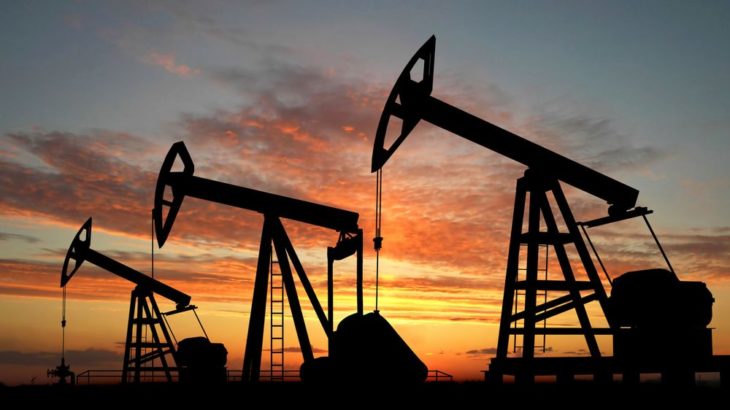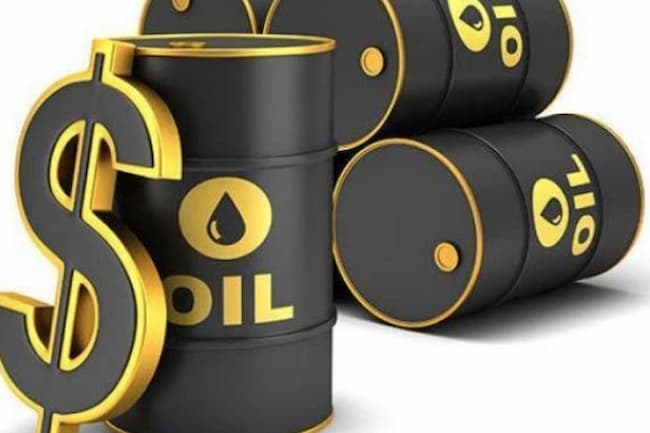Oil prices rose more than 1 percent on Tuesday after tumbling the previous session, although a darkening economic outlook may soon weigh on growth in fuel demand.
Brent LCOc1 was up 78 cents or 1.32 percent at $59.77 per barrel by 1240 GMT, after briefly climbing above $60. The benchmark crude had fallen more than 2 percent on Monday.
U.S. crude CLc1 was up 63 cents or 1.25 percent at $51.14.
Prices fell on Monday after data showed weakening imports and exports in China, raising new worries about a global slowdown. But China’s National Development and Reform Commission offered some support on Tuesday, signaling it might roll out more fiscal stimulus.
But analysts said a price recovery may prove short-lived.
“Any price rally is unlikely to be sustainable in the first half of the year simply because the demand for OPEC’s oil is expected to be lower than the projected output from the organization,” PVM Oil Associates strategist Tamas Varga said.
The Middle East-dominated Organization of the Petroleum Exporting Countries and allies including Russia agreed in late 2018 to cut supply to rein in a global glut. The cuts were effective from January.
Further help has come from Friday’s data showing the number of U.S. rigs looking for new oil production dipped to 873 in early 2019.
This could rein in the swift rise in output from the United States, which became the world’s top oil producer in 2018. C-OUT-T-EIA.
“OPEC-led cuts and declining U.S. rig counts have bolstered market sentiment in the new year,” Singapore-based brokerage Phillip Futures said.
Falling oil exports from Iran due to U.S. sanctions that were reimposed in November, have also offered some support to crude prices, although Washington has granted sanctions waivers to allow Iran’s main customers, mostly in Asia, to import some oil.
Japan expects to restart oil imports from Iran as early as this month, the Nikkei business daily reported on Tuesday, with some Japanese banks notifying customers they will resume transactions for oil purchases.
South Korea expects to receive Iranian oil imports in January after a four-month interruption.
HSBC said it was cutting its average 2019 Brent price forecast by $16 per barrel to $64 per barrel, citing the rise in U.S. production and an “increasingly uncertain demand backdrop”.
















